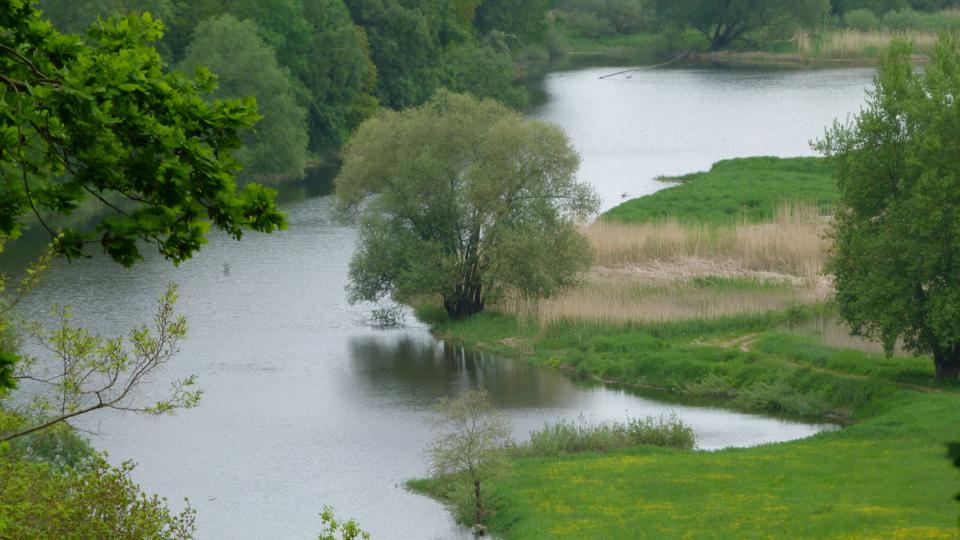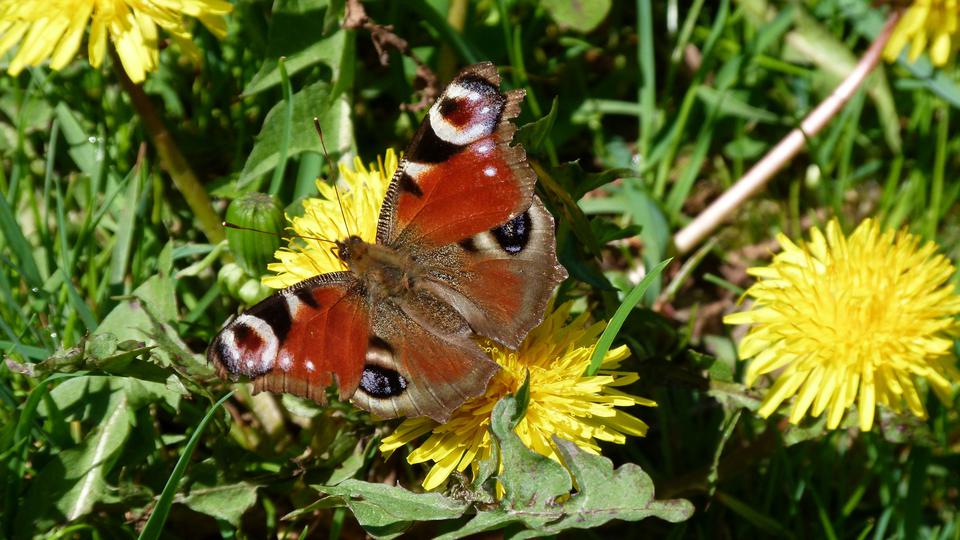
June 5th marks World Environment Day. Nonprofits, activists and political leaders speak out on pollution, biodiversity loss and climate change. While environmental concerns may be rarely explicitly addressed over the pulpit during services of The Church of Jesus Christ of Latter-day Saints, the Church’s scriptural canon is filled with ecological wisdom.
“As Latter-day Saints we tend to focus on our ecclesiastical and family stewardships,” said Elder Steven E. Snow of the Seventy last October during a symposium on environmental stewardship.[1] Although this was well and good, the faithful were also accountable for “the land that surrounds us, even the earth itself,” he added.
The Bible with its creation stories and the parables Jesus Christ told about seeds, wheat, sheep, and trees offers rich images and stirs reverence for nature.
Outside The Church of Jesus Christ of Latter-day Saints, not much is known about what the Book of Mormon, the Doctrine and Covenants, and the Pearl of Great Price may contribute to environmental ethics. In addition to the Bible, these volumes of scripture are regarded as the word of God by the Church.

Matter matters
Christian thinkers have traditionally viewed the divine as utterly outside the physical world. Because matter is ephemeral, it is also inferior and of little worth compared to the spiritual, so goes the argument. Others criticise that this mindset hardly fosters care for the natural environment. Latter-day Saint scriptures reconcile this perceived duality between spirit and matter.
“There is no such thing as immaterial matter. All spirit is matter, but it is more fine or pure, and can only be discerned by purer eyes,”[2] the Doctrine and Covenants states. The Book of Mormon teaches that the creation and the creator are profoundly connected, referring to the latter as the “God of nature.”[3]
In the teachings and practice of The Church of Jesus Christ of Latter-day Saints, nature never becomes subject of worship and adoration. Nonetheless, “we cannot disregard the divine in the Creation,”[4] asserted Russell M. Nelson, who became president of the Church on January 14, 2018. “We should care for the earth, be wise stewards over it, and preserve it for future generations.”
Sustainable consumption
Today, many consumers expect to find fruits and vegetables of their choice on the shelves of their local supermarket around the year. Often, food travels many kilometers to reach destinations where it cannot be harvested locally at the time. The Doctrine and Covenants counsels to eat “every herb in the season thereof, and every fruit in the season thereof.”[5] While not a strict religious law to Latter-day Saints, a seasonal, local diet reduces the waste of fuel and prevents pollution significantly.
“All things which come of the earth, in the season thereof,”[6] so another section of the same volume says, are given “for food and for raiment, for taste and for smell, to strengthen the body and to enliven the soul.”[7] They are “to be used, with judgment, not to excess, neither by extortion.”[8]
As stated in Latter-day Saint scriptures, God makes “every man accountable, as a steward over earthly blessings.”[9] The Book of Mormon praises “the excellent qualities of the many plants and roots which God had prepared to remove the cause of diseases.”[10] Notwithstanding, using the abundant resources of his creation without sharing with “the poor and the needy”[11] is condemned.

Livings souls
The Pearl of Great Price contains two creation accounts. The first describes that God created man as a “living soul.”[12] The same, however, applies to plants[13] and animals[14] - they also became “living souls”. Elder Marlin K. Jensen, an emeritus general authority, concluded: “People whose lives include relationships with animals are usually happier. For me at least, heaven will not be heaven unless the animal kingdom is part of God’s kingdom.”[15]
According to the “Word of Wisdom,” a health code included in the Doctrine and Covenants, meat should be “used sparingly.”[16] This is confirmed by Joseph Smith’s inspired revision of Genesis: “And surely, blood shall not be shed, only for meat, to save your lives; and the blood of every beast will I require at your hands.”[17]
Great pollutions
The Book of Mormon foresees “great pollutions upon the face of the earth”[18], linking natural disasters such as “fires, and tempests, and vapors of smoke in foreign lands”[19] to sinful behaviour like robbing and lying. This connection suggests that the environmental crisis is about more than pollutant gases in the atmosphere. It may indicate a deeper, spiritual crisis.
Members of The Church of Jesus Christ of Latter-day Saints neither claim to be better day-to-day Christians nor more dedicated stewards of the earth than those of other denominations. Still, they find the counsel given both in the Bible and the scriptures of the restoration about caring for nature inspiring and encouraging.

[1] Elder Steven E. Snow, The Moral Imperative of Environmental Stewardship, October 10, 2018.
[4] President Russell M. Nelson, The Creation, April 2000.
[15] Elder Marlin K. Jensen, Living after the Manner of Happiness, December 2002